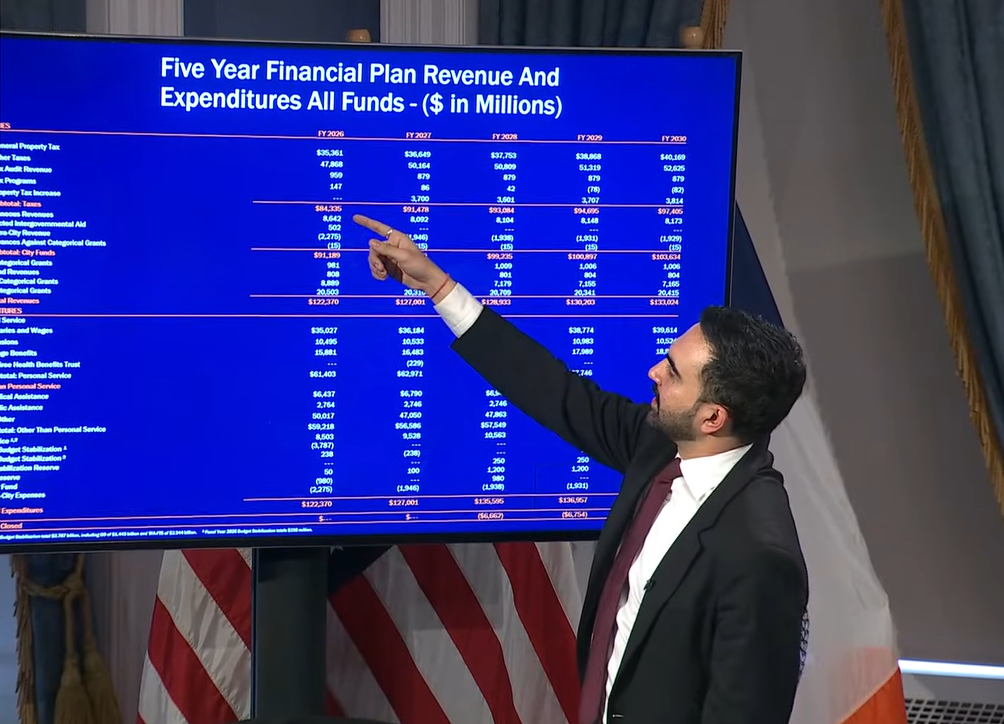In a fact sheet released on April 16, the IRS said the value of work-life referral services that companies provide to workers through an employee assistance program should be excluded from employees’ taxable gross income as a de minimis fringe benefit.
“In general, a de minimis fringe benefit is one which, considering its value and the frequency with which it is provided, is so small that accounting for it would be unreasonable or administratively impracticable,” the IRS stated in a Q&A portion of the fact sheet. “In circumstances where it would be administratively difficult to determine the frequency with which fringe benefits are provided to each employee, the employer can measure frequency using the employer-measured frequency standard. De minimis fringe benefits are excluded from gross income and are not subject to U.S. employment taxes.”
A work-life referral program is an employer-funded fringe benefit that provides assistance services to eligible employees. Work-life referral services are restricted to informational and referral consultations that assist employees with identifying, contacting, and negotiating with life-management resources for solutions to a personal, work, or family challenge, according to the agency.
“WLR services include assistance with completing paperwork and basic administrative tasks that help direct the employee to appropriate providers of the necessary underlying life-management resources (e.g., adult- and child-care centers, financial services providers, home repair tradespeople),” the IRS stated. “WLR programs work with subject-matter specialists who are trained in helping employees navigate through work-life challenges involving access to and eligibility for child and elder care, health care, government and employer-provided benefits, and legal and financial issues.”
Therefore, the use of such referral and information services would be excluded from gross income as a de minimis fringe benefit, the IRS said. In addition, the use of such referral and information services would be excluded from employment taxes, including FICA, FUTA, and federal income tax withholding, as a de minimis fringe benefit.
Thanks for reading CPA Practice Advisor!
Subscribe Already registered? Log In
Need more information? Read the FAQs




